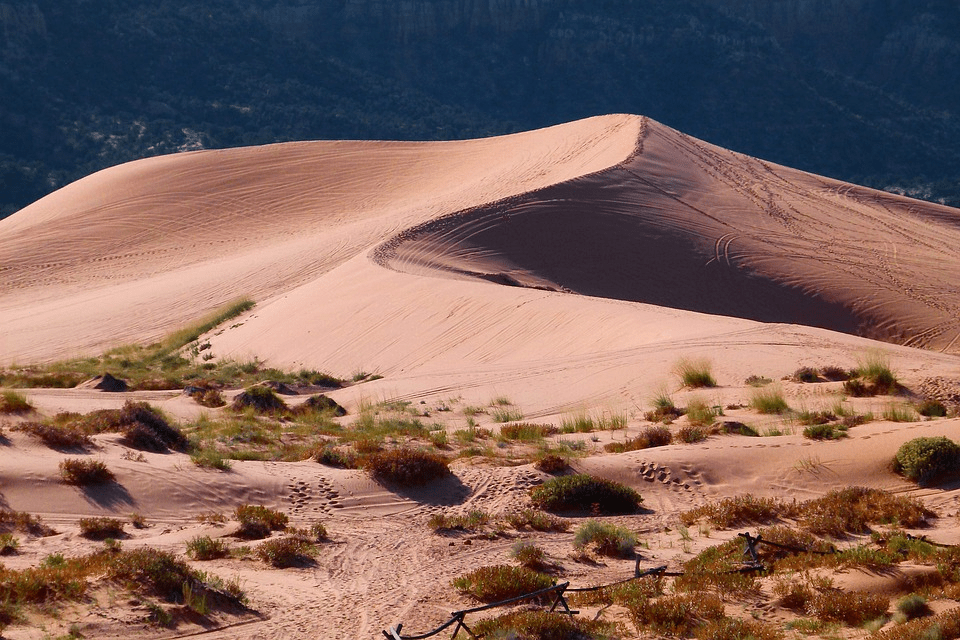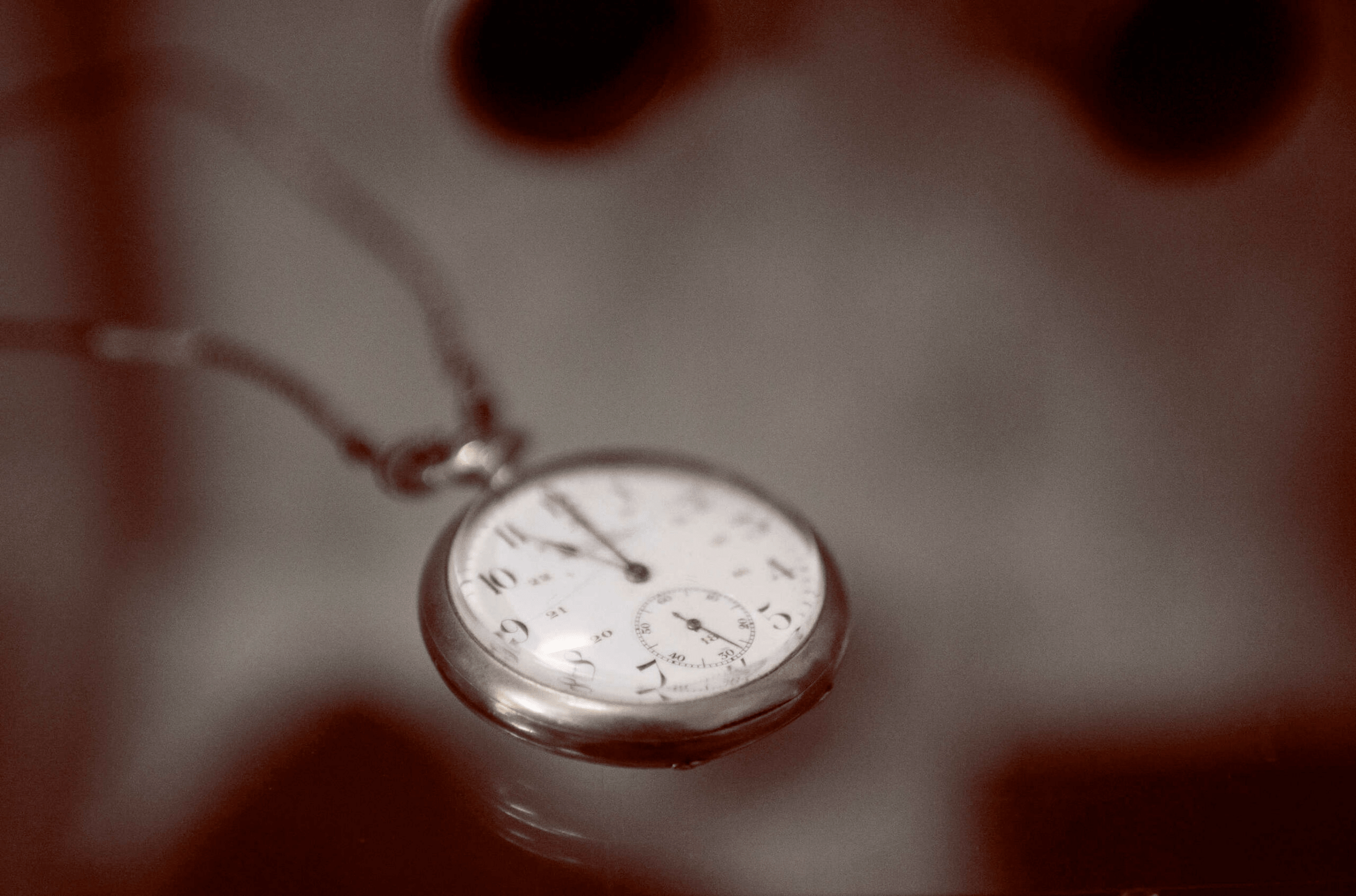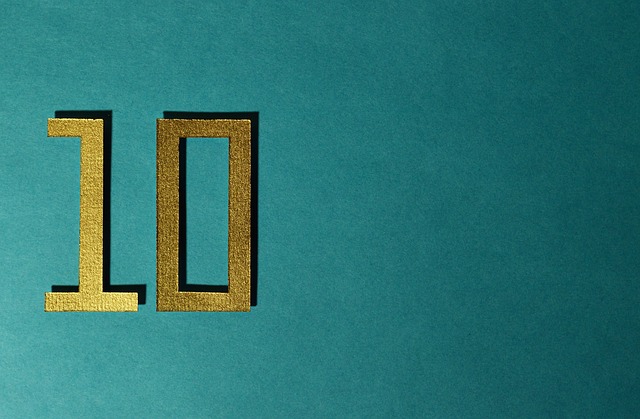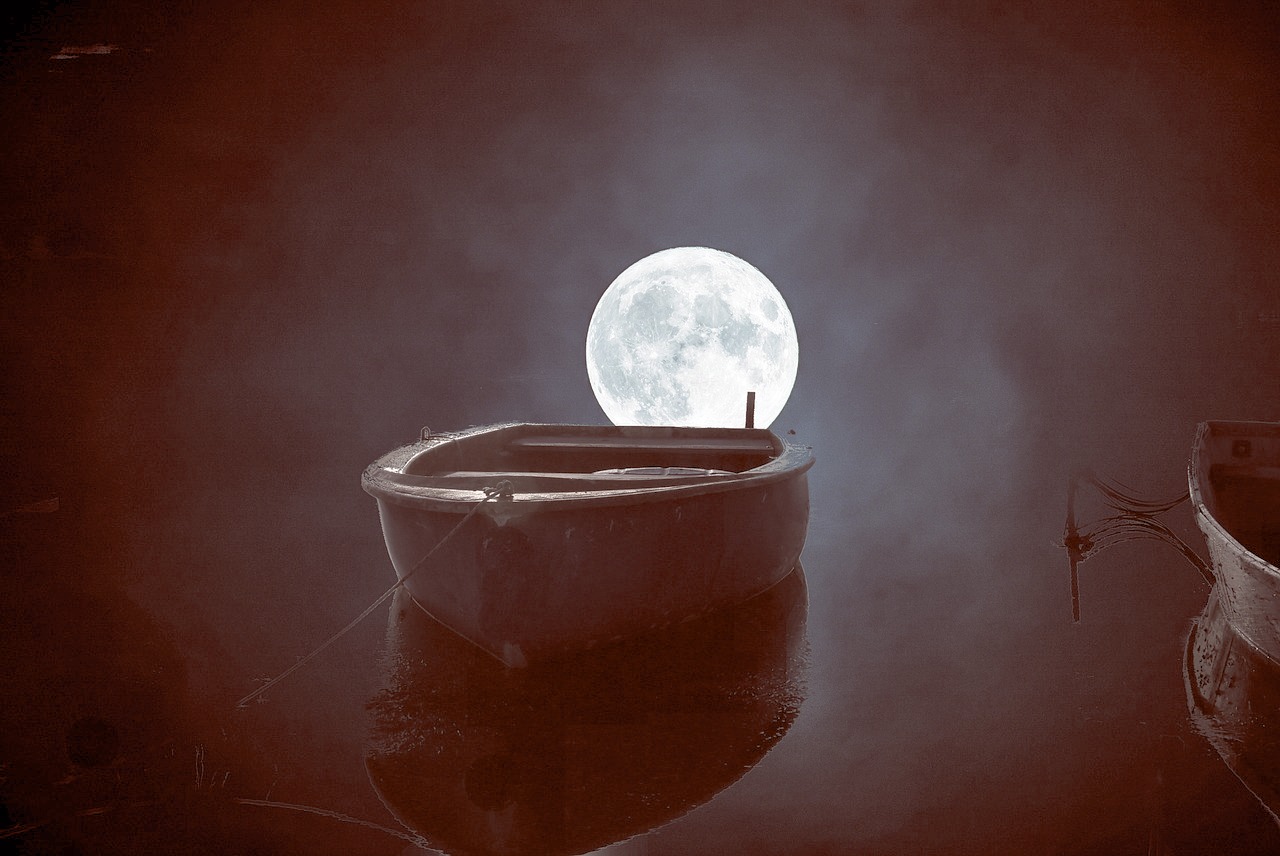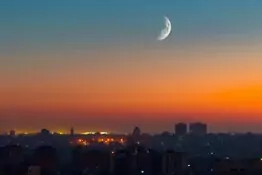اَللّٰهُمَّ مَا أَصْبَحَ بِيْ مِنْ نِّعْمَةٍ أَوْ بِأَحَدٍ مِّنْ خَلْقِكَ ، فَمِنْكَ وَحْدَكَ لَا شَرِيْكَ لَكَ ، فَلَكَ الْحَمْدُ وَلَكَ الشُّكْرُ
O Allah, all the favours that I or anyone from Your creation has received in the morning, are from You Alone. You have no partner. To You Alone belong all praise and all thanks.
Allāhumma mā aṣbaḥa bī min niʿmatin aw bi-aḥadim-min khalqik, fa-minka waḥdaka lā sharīka lak, fa laka-l-ḥamdu wa laka-sh-shukr.
ʿAbdullāh b. Ghannām (raḍiy Allāhu ʿanhu) narrates that the Messenger of Allah ﷺ said: “Whoever says [the above] in the morning has fulfilled his obligation to thank Allah for that day. And whoever says it in the evening has fulfilled his obligation for that night.” (Abū Dāwūd)
Brief Commentary
• The blessings we receive from Allah every morning and evening are too many and large for us to count, yet saying this simple duʿā’ will allow us to fulfil the gratitude that is due upon us for that morning and evening. When a person ponders over this, they would realise that the fact that this duʿā’ is coupled with a great reward, is another blessing that requires to be thanked for.
• We do not mention a specific blessing in this duʿā’. Instead we mention blessings in their broadest form. This ensures our gratitude encompasses all of the blessings we have received from Allah, whether the blessing is related to this life or the hereafter; and whether it is a blessing we have acknowledged, or one we are ignorant of.
• In this duʿā’ we also show gratitude for the blessings received by others. This is for a number of reasons, including:
1. Blessings received by others allows them to help us so we must show gratitude to Allah for this.
2. Other people may not show gratitude to Allah for the blessings they receive, which is something that should upset us. So we try to make up for this by showing gratitude to Allah for it ourselves, even though we ourselves may have not benefited from the blessing.
• In addition to showing gratitude to Allah, we also affirm in this duʿā’ the Oneness of Allah, and that all the blessings we receive are from Him alone, and not from anyone else, as He does not have any partners.
• The final part of the duʿā’ is the crux of the matter, which is that we praise Allah and thank Him for the blessings we and others have received. Since we received the blessings from Him alone, we ensure we praise Him alone, and we thank Him alone.
Action Points
• This duʿā’ is another example of how the morning and evening duʿās are not just to provide us protection, but they are also for us to increase in reward, and to ensure we fulfil our duties.
• The reward stipulated for this duʿā’ is great, yet it is very easy and quick to say. This means that this duʿā’ should not just be recited mindlessly. Rather, it should be contemplated upon, spring from the heart before the tongue, and should be something we live by.
• Mindfully recite this duʿā’ by pondering over the many blessings you receive from Allah.
• As this duʿā’ fulfils the gratitude that is due for the morning and evening, we should realise that we owe thanks to Allah every morning and evening.
• Acknowledging and thanking Allah for the blessings He bestows upon us leads to the preservation and increase in these blessings, as He ﷻ says: “And (remember) when your Lord proclaimed, ‘If you are grateful, I will certainly give you more (14:7)”.
• The Prophet ﷺ told us that if we say these few words, we have fulfilled our ‘obligation to thank Allah for that day’. Look at the generosity and appreciation of Allah!
• There are three components of gratitude: (1) Thanking Allah by humbling our hearts to Him. (2) Thanking Allah by acknowledging His favours and praising Him with our tongues. (3) Thanking Allah by using all of our body parts to obey Him.


